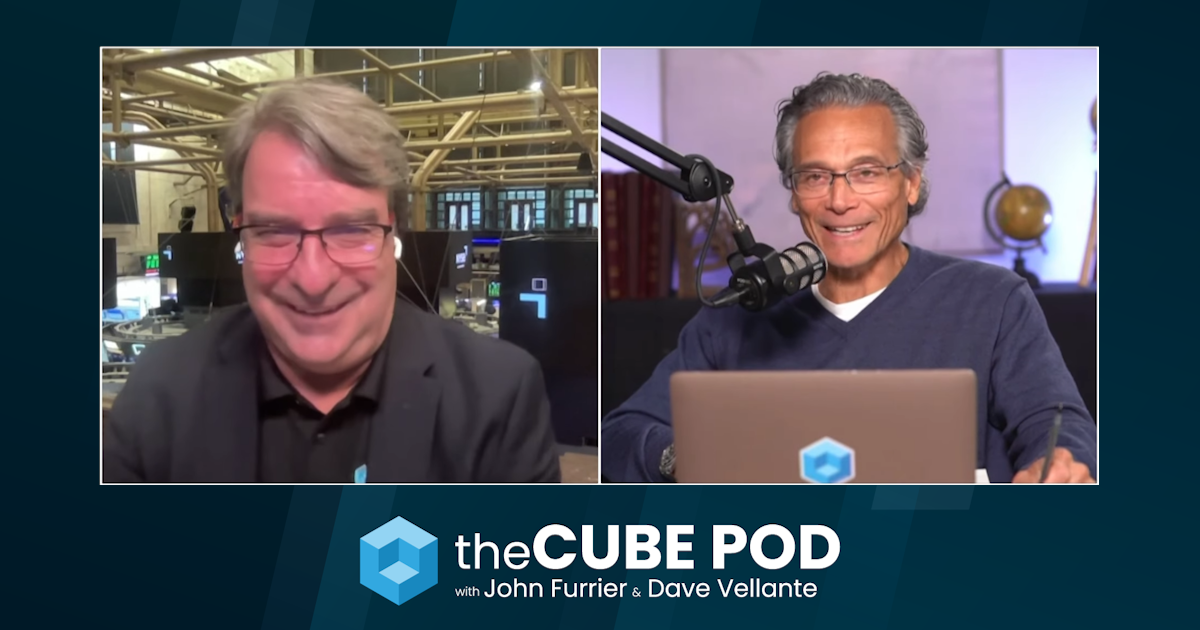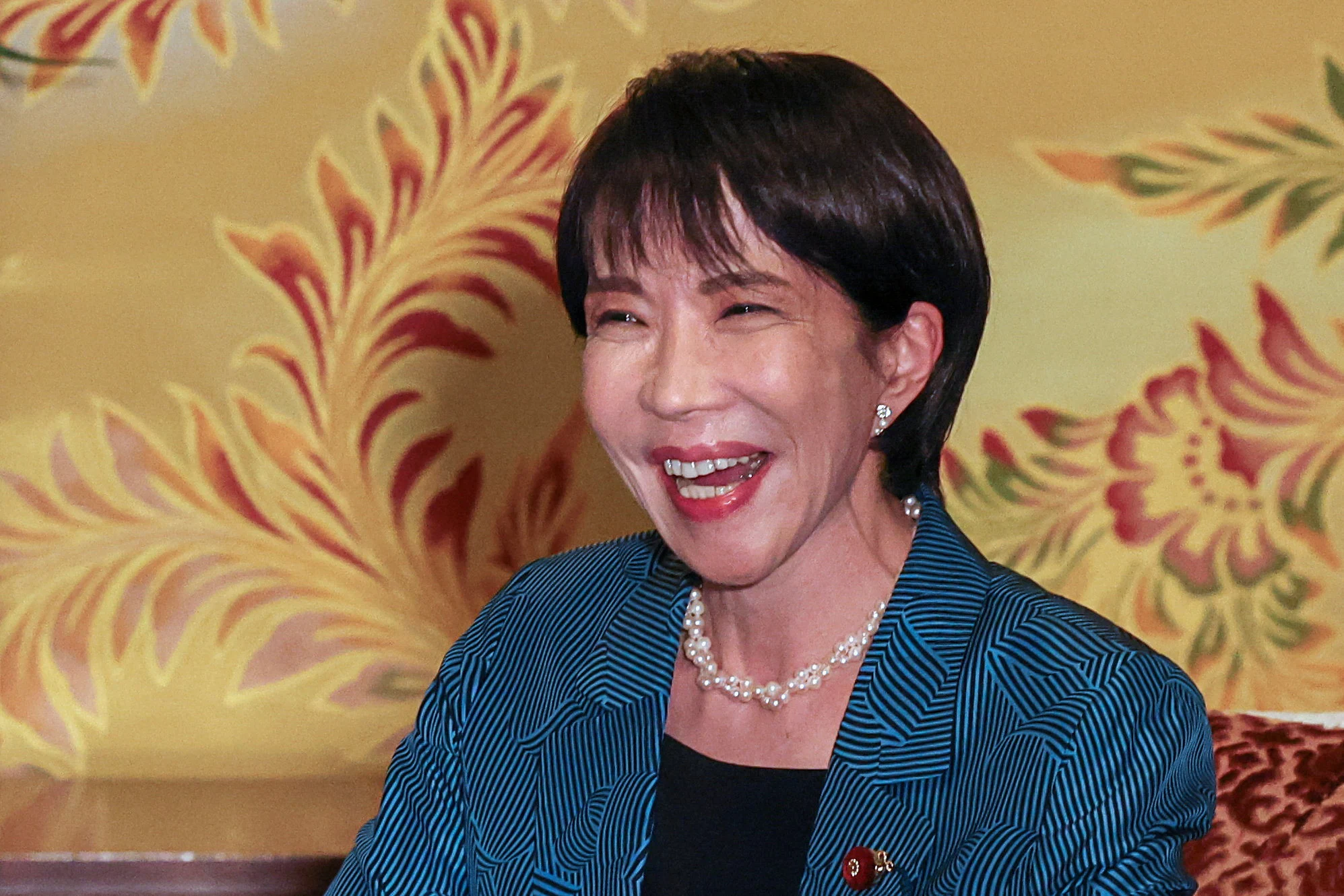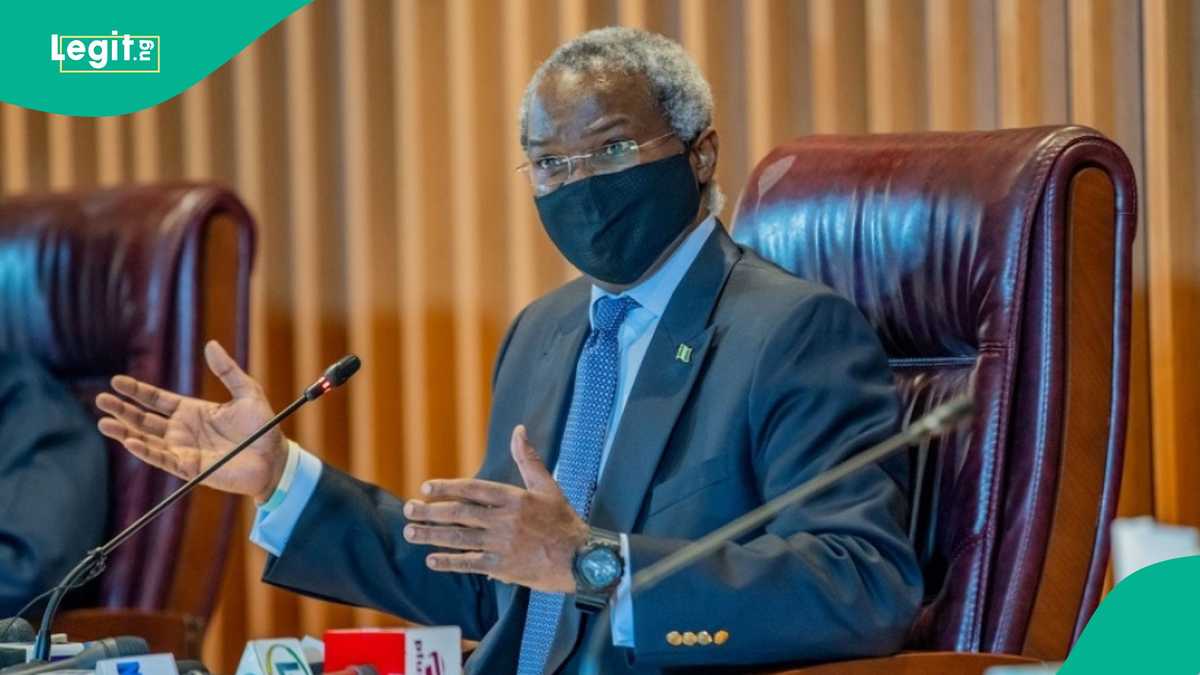Copyright SiliconANGLE News

Politics and tech collide again this week, with Salesforce Inc.’s Marc Benioff catching heat for his comments on the national guard and cryptocurrency seeing greater support under Trump. Meanwhile, artificial intelligence investments are booming — Broadcom Inc. announced a four-year infrastructure partnership with OpenAI, and Oracle Corp. is building new AI clusters with Nvidia Corp. and Advanced Micro Devices Inc. The question remains: Will it all pay off or will the bubble pop? “OpenAI’s got its fingers in all pies,” said theCUBE Research Chief Analyst Dave Vellante (pictured, right). “They’re basically putting commitments of cash everywhere, partnering up with Broadcom, Nvidia, Oracle. They’re got, what, $13 billion in revenue and amazing adoption. But it’s unclear to me how they make money. The semiconductor industry has always been cyclical. It’s not right now. But if cyclicality kicks back in, what’s going to happen to all these OpenAI commitments?” On the latest episode of theCUBE Pod, Vellante and theCUBE Research Executive Analyst John Furrier (left), discussed OpenAI’s chip strategy and takeaways from the annual Dreamforce event. They also explored Oracle’s approach to AI and the growth of the crypto market. Salesforce goes all in on agentic At Dreamforce 2025, Benioff outlined his vision for agentic AI. With its announcement of Agentforce 360, Salesforce has infused agents into every aspect of its enterprise platform, including the Agentforce Builder, which enables “vibe coding,” and the Atlas Reasoning Engine, for helping agents understand human intent. Salesforce was also making headlines for a different reason: Benioff welcoming Trump’s national guard to San Francisco. The condemnation was swift; capitalist Ron Conway resigned from the Salesforce Foundation and entrepreneur Laurene Powell Jobs wrote a scathing critique in the Wall Street Journal. “He got caught in a bad soundbite in my opinion,” Furrier said. “You’ve got the elites fighting at the highest levels on the polarization. You know, rightfully so, it’s now cool to be a Republican if you’re in the valley, and clearly everyone’s kissing Trump’s ring.” Trump’s influence is also being felt in the New York Stock Exchange with both the government shutdown and the resurgence of crypto. NYSE’s parent company, Intercontinental Exchange Inc., plans to invest $2 billion in prediction market startup Polymarket, amid rising interest in stablecoins. “The work that was done during the dark times, the nuclear winter that was the regime of anti crypto has actually done two things,” Furrier said. “It’s enabled pure entrepreneurship to survive and thrive. And, two, the capital markets weren’t really that active. So, it’s like a self-funding kind of mindset of the founders. Polymarket represents to me the future of exchanges.” OpenAI wants custom chips OpenAI continues to dominate the generative AI space, announcing that it will partner with Broadcom to build its own custom infrastructure. The move is part of OpenAI’s ongoing investments as it attempts to stay ahead of competitors such as Anthropic. “If you’re OpenAI, you’re gonna be the next modern leader,” Furrier said. “They’re way past the Netscape moment, in my opinion — they’re off to the races. You have to dominate chips and energy and the systems that you build. In other words, they have to build their own supercomputing capabilities.” Vellante expressed some doubts since OpenAI, like most other AI companies, is still not turning a profit. A large part of tech companies’ spending on AI is capital expenditure investments, which could potentially depreciate in value before they pay off, leaving those companies in a tough spot. “The guys who have a thousand GPUs that are installed … they’re actually underutilized,” Vellante said. “They’re probably running, you know 20% utilization and they’re not lit up. Those GPUs are gonna be fully depreciated or at least valueless within two years. That’s an interesting dynamic that nobody’s talking about. If this isn’t the year of ROI, it’s gonna be a problem if and when the CapEx boom dries up.” Oracle stays ahead of the competition AI startups and tech giants are battling it out to see who survives the AI era. Oracle has stayed on top by making the supercloud a reality. The company recently added new AI capabilities to its core database and launched an Autonomous AI Lakehouse platform. “Oracle has the best multicloud, supercloud, whatever you wanna call it, strategy in the business,” Vellante said. “You can run real application clusters now on [Oracle Cloud Infrastructure], you can run them on prem, you can run them on Amazon, Google and Azure. Name anybody else who can do the same across those four states.” As the AI race continues, the question of how to price models and AI-driven services grows more pressing. That topic will be part of a discussion with Deborah Conrad and Diane Bryant on theCUBE in the coming weeks. The big split in the AI market, Furrier believes, will be between AI-native applications and retrofitted software-as-a-service applications. “[AI-native] companies are faster,” he said. “They’re nimble. But you have SaaS apps that have a huge install base that, quite frankly, why would you want to just have them go away? They’re being infused with AI. But SaaS is not the future. SaaS will be replicated or be replaced by AI-native or the SaaS will fall to the backend.” Watch the full podcast below to find out why these industry pros were mentioned: Anderson Cooper, American broadcaster Brian J. Baumann, founder of NYSE Wired and director of capital markets, technology at NYSE Andrew Ross Sorkin, American journalist and author Lynn Martin, president at NYSE Group Judy Khan Shaw, host, interviewer and producer at Intercontinental Exchange (ICE) Marc Benioff, chair and CEO of Salesforce Donald Trump, 45th and 47th president of the United States of America Ron Conway, American capitalist Jane Goodall, English primatologist and anthropologist Laurene Powell Jobs, American entrepreneur and business professional Charlie Kawwas, president of Broadcom Hock Tan, president and CEO of Broadcom Sam Altman, co-founder and CEO of OpenAI Greg Brockman, president, chairman and co-founder of OpenAI Jensen Huang, founder and CEO of NVIDIA Dylan Patel, founder of SemiAnalysis Sarbjeet Johal, founder and CEO of Stackpane Chris Lynch, executive chairman and CEO of AtScale Larry Ellison, chairman of the board and CTO of Oracle Ron White, American comedian and actor Rob Strechay, principal analyst at theCUBE Research David Floyer, analyst emeritus at theCUBE Research Elon Musk, chief executive officer of Tesla Inc. Charles Fitzgerald, consultative strategist and investor George Gilbert, principal analyst at theCUBE Research Crawford Del Prete, president of the IDC Stacy Rasgon, managing director and senior analyst of U.S. semiconductors and semiconductor capital equipment at Bernstein Research Tarkan Maner, CMO of Nutanix Deborah Conrad, founding partner at MIXTAPE Partners Diane Bryant, former head of Intel’s Data Center Division Gemma Allen, theCUBE host Michael Dell, chairman and CEO of Dell Technologies Juan Loaiza, EVP at Oracle Here’s the full episode of this week’s theCUBE Pod: Don’t miss out on the latest episodes of “theCUBE Pod.” Join us by subscribing to our RSS feed. You can also listen to us on Apple Podcasts or on Spotify. And for those who prefer to watch, check out our YouTube playlist. Tune in now, and be part of the ongoing conversation. Photo: SiliconANGLE



